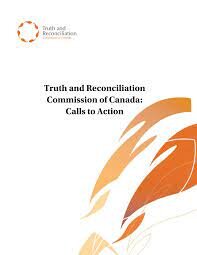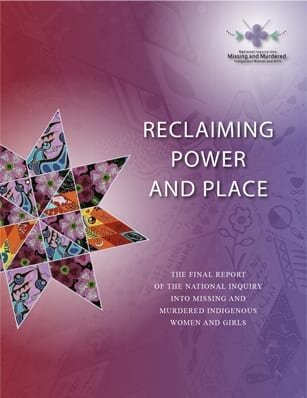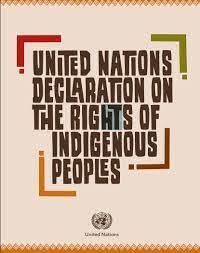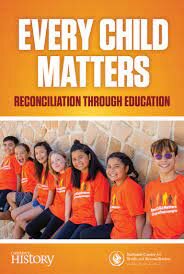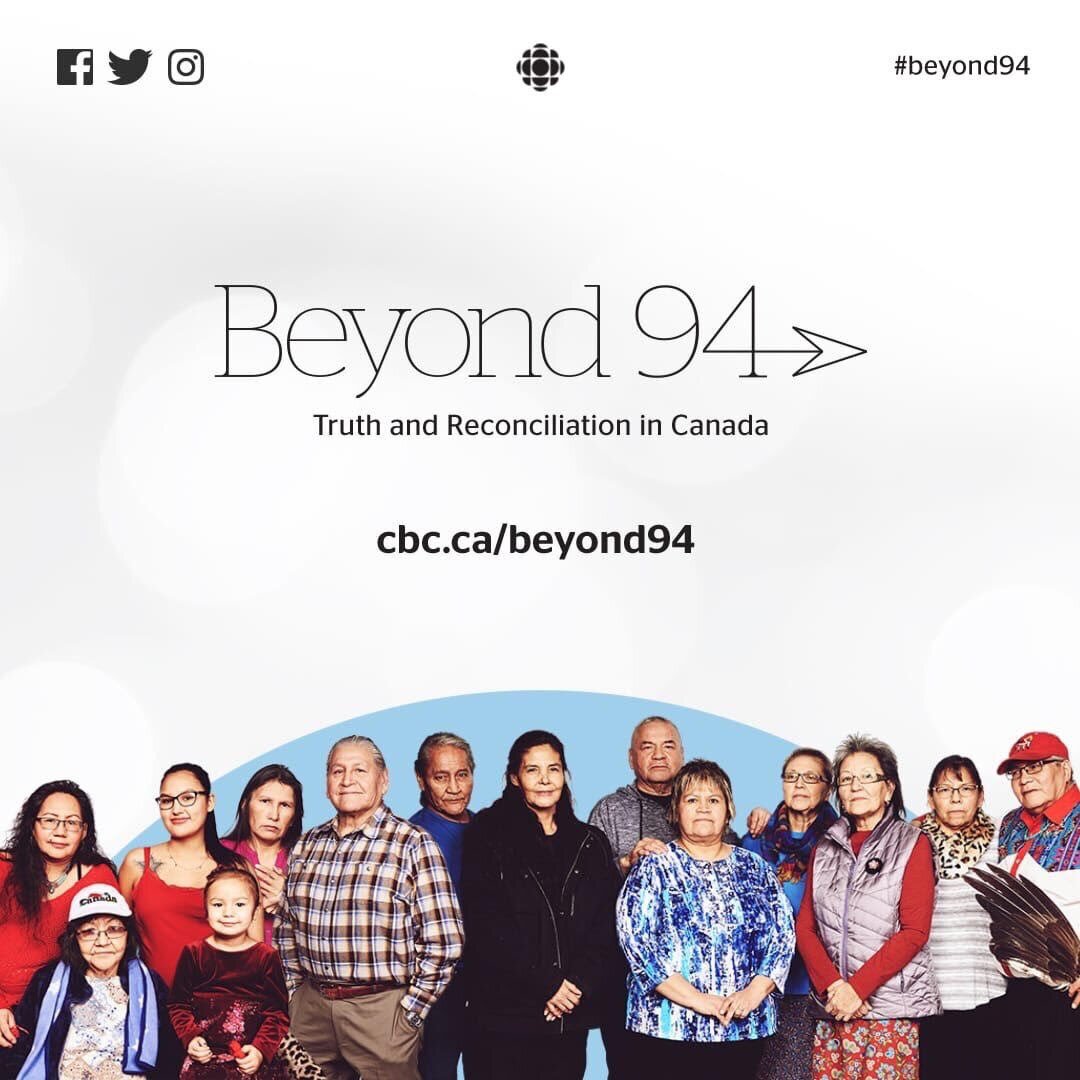Warning: Some people may find these resources and information to be distressing. If you or someone you know requires support for the ongoing trauma of residential schools and are experiencing any distress when reading this page, support is available. The Indian Residential School Survivor Society has a 24/7 national toll-free crisis line that is open to call at 1-866-925-4419. Hope for Wellness helpline also has a 24/7 toll-free line at 1-855-242-3310 and a chat box option available at https://www.hopeforwellness.ca.
Read ACIC’s Statement Expressing Solidarity with Indigenous peoples here.
Truth and Reconciliation Resources
Intergenerational Trauma
Trauma experienced from the residential schools does not only affect the survivors, it influences and impact their community and future generations. Removing the children from their families and communities to attempt to strip their cultural identity has caused harm. Indigenous peoples needs the space for healing by reclaiming their cultural identity. To learn more about the impacts, check out the resources below.
Indigenous Voices
If you have not been listening, here is your chance to start. Indigenous peoples have a unique perspective and should be taken into consideration, especially regarding their own livelihood. Whether it is about reconciliation, their rights, culture, land, name, and identity, listen. You can listen to their voices in many ways. Feel free to take initiative and find amazing Indigenous voices and stories both on the internet and in the community to learn. Here are a few to get started.
If you want to read stories about the residential schools, here is a curated list on CBC News by David A. Robertson of nonfiction, fiction, children’s books and poetry, 48 books by Indigenous writers to read to understand residential schools.
The Unreserved Podcast is a great place to start to listen to the conservation and learn Indigenous cultures and issues. April 11th, 2021 episode has more Indigenous podcasters to know as they are decolonizing the airwaves.
CBC Gem has many short docs, films, and shows showcasing Indigenous peoples’ history, culture, and their lives. CBC Gem National Indigenous History Month Collection is here. If you want a short doc on someone’s story on their experience at a residential school and the importance on sharing stories, check out Inendi.
Organizations to Support and Learn
Actions to Take
The Assembly of Nova Scotia Mi’kmaw Chiefs has a Facebook post showing what settlers can do with the news of the discoveries of the mass graves. While we have listed some more resources to add to the conversation, it is important to also listen to communities that are affected.
We acknowledge that we are in Mi’kma’ki, the ancestral and unceded territory of the Mi’kmaq People.
Writing to your Representative
All levels of governments needs to take the 94 Calls to Action and effectively implement them to support reconciliation. There are still Indigenous communities that still do not have to clean water, accessible and affordable housing, accessible and safe health care, and many more issues. This oppressive system is not built for their potential. That needs to change.
Being vocal and acting collectively as the public to demand change from our politicians is necessary. Something you can do is write to your representative to demand essential services for basic human rights to be provided and the implementation of the Calls to Action
If you need guidance to how to write to your MP, provincial, and local representative, here is an excellent guide.
Don’t know the MP in your area. Here is the directory.
Petitions
Signing petitions is simple but gives representatives an idea on how many people care about the issues presented. Here are some of the petitions below relating to Indigenous rights.
Supporting Indigenous Peoples’ Work
Indigenous peoples express their experiences and culture in many ways. Supporting their work can allow a settler to learn and appreciate their work while providing the opportunity for Indigenous businesses to continue and flourish. Feel free to look for more Indigenous businesses but, here are a few businesses listed to start and support.
Indigenous Corporate Training INC has training on many areas related to Indigenous relations. Individual and group options are available.
IndigenArtsy is a marketplace to support Indigenous artists. You can purchase Indigenous artists’ work. If you are an Indigenous artist, there is an opportunity for you to become a member and put your art on the platform. To be a member, check it out here.
GoodMinds.com is First Nations family owned bookstore of First Nations, Metis, Inuit, and Native American educational resources and products. You can purchase Indigenous books online.
Indigenous Peoples Internationally
Indigenous peoples are affected internationally. While the residential schools that exist in Canada are at the top of the conversation, as part of the international cooperation sector, we think it is also important to note the issues that Indigenous peoples faced internationally. Whether it is recognizing the land that you are on or the perspectives of Indigenous peoples on climate action, the connection globally is important to be aware of. Here are some resources to learn from as members of the international cooperation sector.
To understand Indigenous peoples outside of Canada, check out Amnesty International for an overview
Nine ways to support the rights of Indigenous people by Holly Young from The Guardian
See how traditional knowledge from Indigenous peoples can help with biodiversity with this article, Why Indigenous Peoples and Traditional Knowledge are Vital to Protecting Future Global Biodiversity by John Vidal from Ensia
Empowering Indigenous peoples crucial to climate, biodiversity crises: Study by Dimitri Selibas from Mongabay
Since colonists and white supremacy views are still part of the unlearning process, here is an article It’s time to put an end to supremacy language in international development by Ann Hendrix-Jenkins from openDemocracy to understand and acknowledge how words can have an impact
More Resources
There are many resources that are available for you to learn and support Indigenous peoples. While we cannot add every resource possible, here are some organizations that also consolidated resources to continue unlearning and learning.

